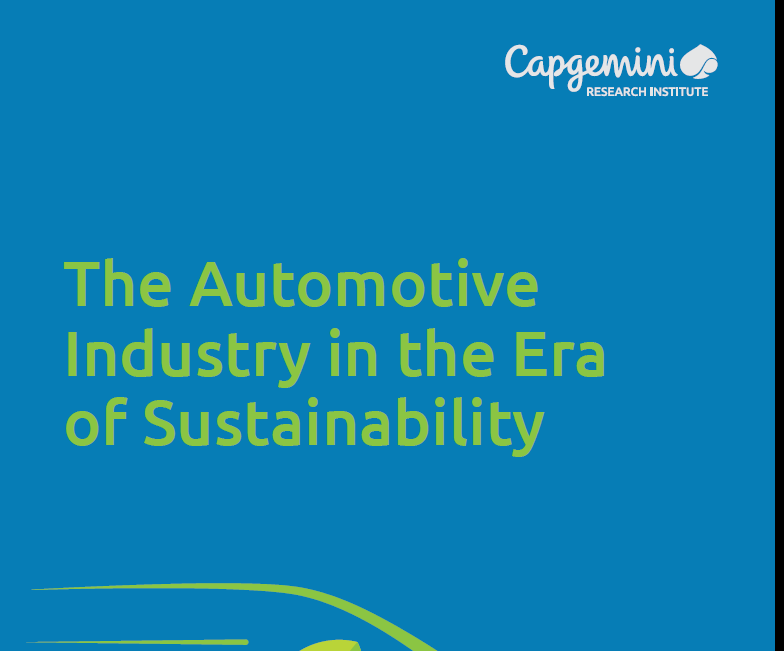高效、专业、可靠——最快一周
AI 辅助MBA/EMBA论文写作 + 专家精修
利用人工智能大模型撰写;专家量身修改保证论文快速、高效、高质量完成
每年为数千个企事业和个人提供专业化服务;量身定制你需要的行业分析的资料和报告
相信我们!企业客户遍及全球,提供政府部门、生产制造企业、物流企业、快消品行业专业化咨询服务;个人客户可以提供各类经济管理资料、商业计划、PPT、MBA/EMBA论文指导等。
点此填写您的需求15+年的经验,值得信赖
可以QQ联系我们:896161733;也可以电话:18121118831


